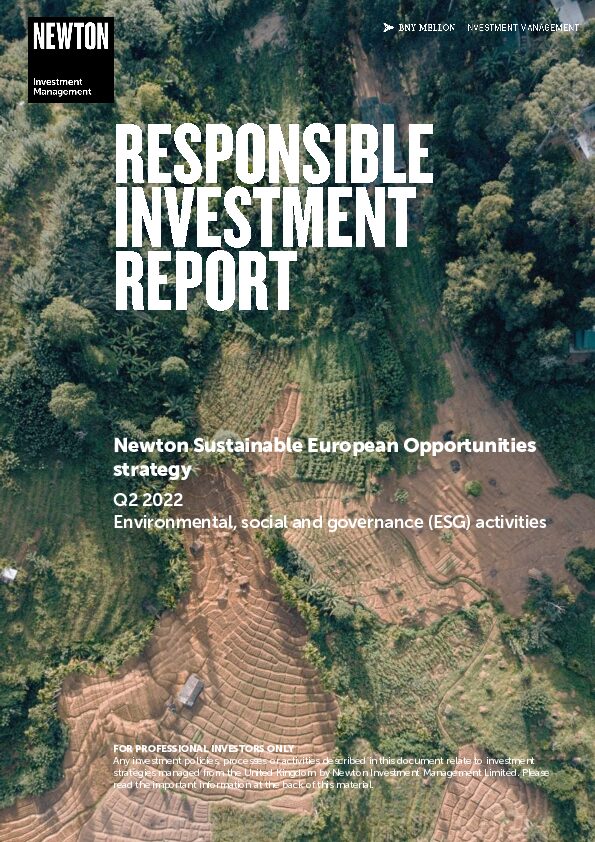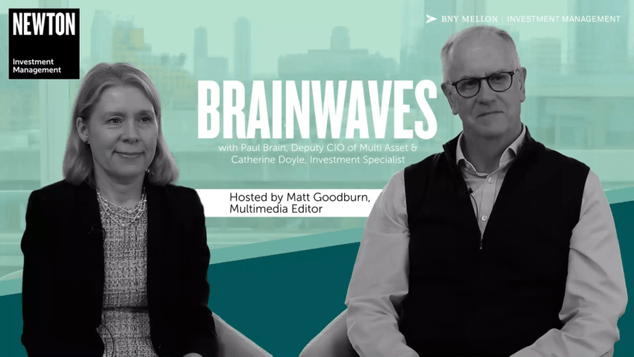Investment team
Our Sustainable European Opportunities strategy is managed by an experienced team. Our dedicated responsible investment team is an integral part of the investment decision-making process. Guided by our global investment themes, the team works together to identify opportunities and risks through research and debate
- 18
- years’ average investment experience
- 11
- years’ average time at Newton
-

Paul Markham
Head of Global Opportunities
-

Duncan Bulgin
Portfolio manager, Global Opportunities team
-

Simon Nichols
Portfolio manager, global opportunities team
-

Paul Birchenough
Portfolio manager, Global Opportunities team
-

Ian Smith
Portfolio manager, Global Opportunities team
-

Aditya Shah
Portfolio analyst, Global Opportunities team
-

Karen Miki Behr
Portfolio manager, Global Opportunities team
-

Jonathan Dennis
Portfolio analyst, Global Opportunities team
Strategy profile
-
Objective
- To achieve long-term capital growth from investment in European securities, excluding those in the UK
-
Performance benchmark
-
FTSE World Europe ex UK
-
Typical number of equity holdings
-
30 to 50
-
Strategy inception
-
8 December 2021
-
Strategy available through pooled UK vehicle
-
BNY Mellon Sustainable European Opportunities Fund
View fund performance
Your capital may be at risk. The value of investments and the income from them can fall as well as rise and investors may not get back the original amount invested.
Newton will make investment decisions that are not based solely on ESG considerations. Other attributes of an investment may outweigh ESG considerations when making investment decisions. The way that ESG considerations are assessed and the assessment of their suitability for Newton’s sustainable strategies may vary depending on the asset class and strategy involved. For Newton’s sustainable strategies, ESG Quality Reviews are performed prior to investment for corporate investments (single name equity and fixed income securities).





